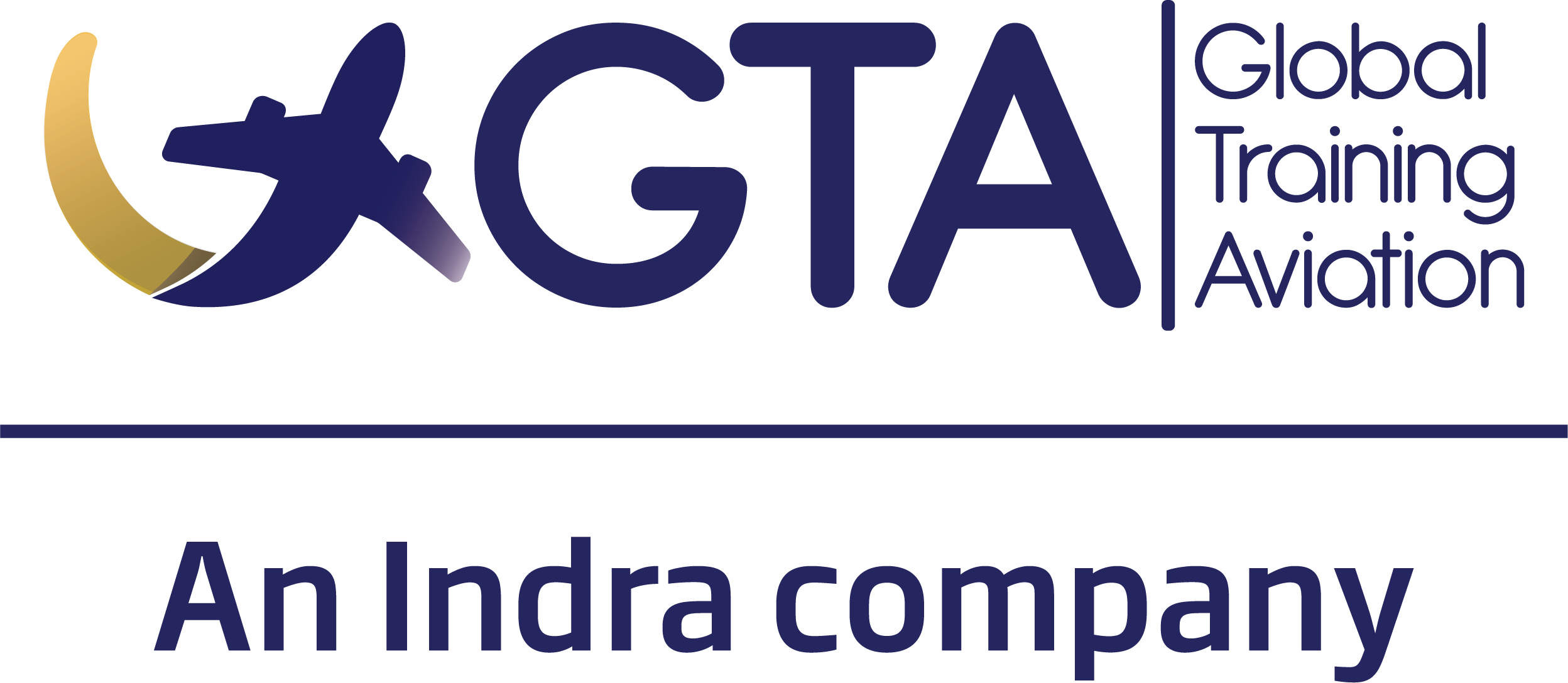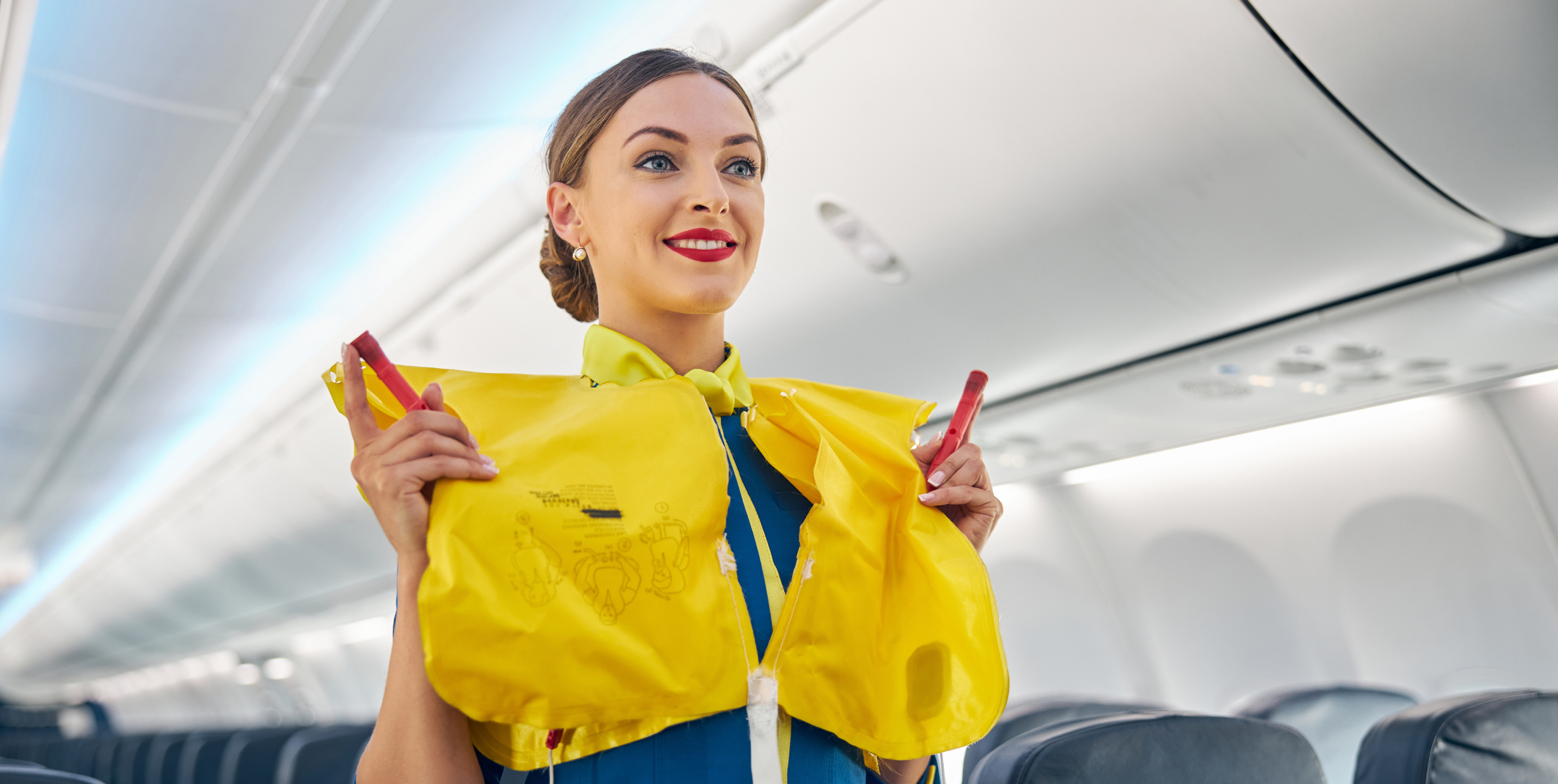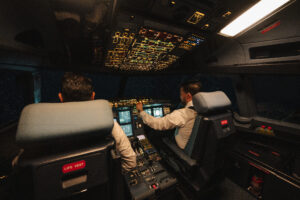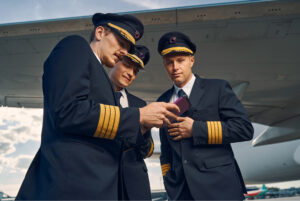Becoming a flight attendant or cabin crew member (CCM) is a dream for many who are passionate about aviation and delivering exceptional customer service in the airline industry. This exciting career not only offers the chance to travel the world but also the opportunity to provide passengers with unforgettable experiences. However, working in this field requires specialized training and specific skills. Here’s everything you need to know about the education and qualifications needed to become a flight attendant.
1. Training and Basic Requirements
Education:
While a university degree is not typically required to become a flight attendant, most airlines expect candidates to hold at least a high school diploma or equivalent.
Language Proficiency:
A strong command of English is essential, along with additional languages that may be relevant depending on the airline’s routes.
Age and Health:
Generally, you must be at least 18 years old and meet certain physical health standards to ensure onboard safety.
2. Certification and Training
Cabin Crew Member (CCM) Course:
Certification as a CCM is mandatory and is obtained through specialized courses offered by recognized aviation training schools. These courses cover a broad range of topics, including onboard safety, first aid, emergency procedures, and customer service.
Practical Training:
In addition to theoretical instruction, hands-on training is required. This includes working with flight simulators and participating in emergency scenario drills to prepare for real-life situations.
3. Official Certification and Approval
Exams and Evaluations:
After completing the CCM course, candidates must pass exams regulated by the Civil Aviation Authority (AESA) or other accredited organizations.
Cabin Crew License:
Once all exams and evaluations are successfully completed, candidates receive the license required to work as a flight attendant.
In conclusion, becoming a flight attendant or cabin crew member involves comprehensive training that combines theoretical knowledge with practical experience. Technical expertise, safety awareness, excellent passenger service skills, and teamwork are all crucial for success in this career.
If you’re ready to pursue this exciting path in the aviation industry, make sure to research recognized training schools and the specific requirements of your chosen airline. This is your first step toward a rewarding career as a flight attendant.
At Global Training Aviation (GTA), we offer specialized courses for CCM and flight attendants, equipping future professionals with the skills needed to meet the challenges and demands of the aviation industry.
Dare to aim high and become a vital part of creating exceptional flight experiences for passengers worldwide!





